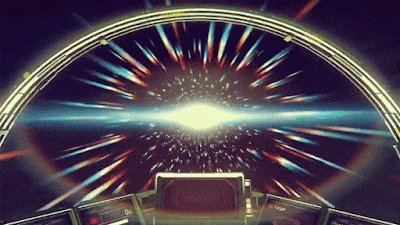Worse still are techniques that have not only been erased, but the products are also irrecoverable. The burning of the Library of Alexandra marked the loss of countless books only known to exist because they are mentioned in other works that managed to survive down through the ages to the present day. Marie Empress was one of the biggest stars in pre-WW1 Hollywood before vanishing without a trace. What's more shocking though is the fact that not a single movie she appeared in still exists. Like so many silver screen films, they have all been deliberately destroyed or eroded into nothingness due neglect.
Presented with these harsh facts, I feel like it isn't really all that difficult to understand why some people have strong feelings toward video game preservation. Batteries die, circuits fail, monitors burnout, controllers break...it's an inevitable side-effect of age and use, particularly when a lot of these devices were never built to last. Making digital downloads version of old titles is an optional solution, but requires emulation and, if truth be told a CRT monitor. There is only one company left that makes these antiquated displays, but they are what old games were designed to be played on and as such the graphics don't match quite right on modern HDTVs.
Of course, all this is peanuts compared to the biggest issue of all. Companies, either due to neglect or deliberate distain, will ensure their games eventually arrive at an unplayable state. Typically, these sorts of titles are MMORPGs or other games that require an online connection, while simultaneously lacking dedicated server support. An incomplete list of titles at risk, dead or saved is available here (link). I should mention that some of these games aren't very good (at least as far as aggravated review scores go), but it's still sad to think that with a little effort from the developers "dead games" wouldn't be a concern.Another very weird case is games that have received so many updates and patches they only vaguely resemble what they once were. Stellaris, as of Spring 2021, is almost an entirely different game compared to what it was several years ago at launch. The same goes for No Man's Sky and Oxygen Not Included. There was a time when the star voice actor for Destiny was Peter Dinklage. Now he's nowhere to be heard. In some games (such as Minecraft) it's possible to revert to older versions fairly easily, but most titles don't receive that amount of support.
So, what all this really comes down to is every single one of these kinds of games needs an end-of-life plan. What that entails exactly can differ depending on the circumstances. In one case it might involve releasing the source code, in another it could mean making the game shareware. Ideally, developers need to put out a final version of the game that allows people who purchased the game to continue to have the ability to play it. Some people might claim that publishers are just engaging in a bit of double-dipping in the hopes of selling the same game to the same customers (just on a different platform), but as Sony's attempt to kill their PS3 shop on the PSN has shown it's not even about that. Is it laziness?...Greed?...a simple lack of foresight?...I don't know for sure, but I can say with complete confidence that it comes from a lack of respect for the art form. Humanity has already made this mistake at least twice before with literature and film. How about we not make the same mistake a third time with video games?






















